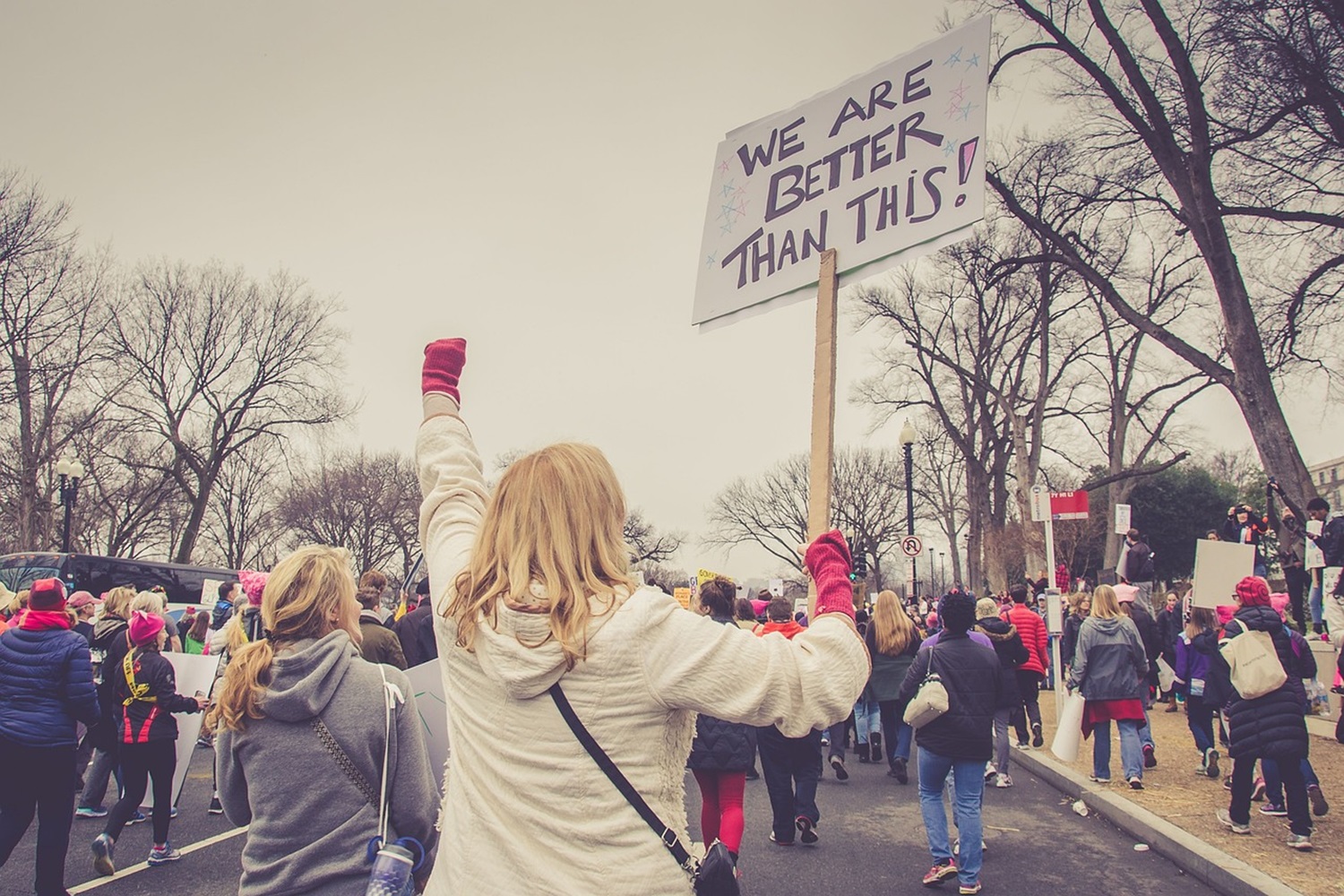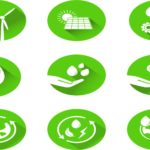In the highly charged milieu of today, a money-free politics idea can seem like a utopian dream. A well-documented phenomenon, the effect of financial contributions in political campaigns sometimes raises questions of democracy integrity, openness, and fairness.
Given the startlingly high costs of modern campaigns and increasing reliance on super PACs and affluent donors, one would wonder if it is even possible to preserve politics free from the corrupting effect of money. Let us look at the challenges and likely solutions for this pressing issue.
The Current State of Affairs in Landscape
The intersection of politics and money defines modern reality created over time. Small donations from supporters used to assist political campaigns, but the environment has changed greatly. Nowadays, running a successful campaign calls for more money than ever, which has encouraged reliance on political action committees (PACs), companies, and big donors.
By allowing unlimited donations to super PACs, which may then independently spend massive amounts of money either supporting or opposing candidates, the Supreme Court’s Citizens United v. FEC ruling in 2010 in the United States greatly escalated this issue. Although this ruling supports free expression, it has also resulted in an unheard-of influx of money into politics, generally from sources with significant vested interests.
Political Spending Problems:
1. Influence and Access: Big donors may have particular access to legislators, which would lead to policies favoring the well-connected and rich. This violates the idea of equal representation and could skew policy outcomes in favor of particular interests rather than the general benefit.
2. Ethical Problems and Corruption: The main impact of money on politics increases the probability of corruption. Even the apparent immorality could erode public trust in democratic institutions and leaders.
3. Barriers to Entry: The tremendous expense of running for government can discourage brilliant persons without finances from pursuing political careers. This reduces possibilities for fresh ideas and solutions as well as the range of opinions found in the political field.
Possible Fix
While completely eliminating money from politics would not be possible, various strategies could help to lessen its influence and promote a more fair political environment:
1. Campaign Finance Reform: Stronger campaign finance rules help to reduce the impact of money on politics. It covers limiting contributions, increasing transparency on funding sources, and closing doors permitting indirect donations.
2. Public Financing of Campaigns: Public funding of campaigns is the mechanism wherein the government funds candidates who agree to limit their own personal financing. This approach can help to level the playing field so candidates may focus on their platforms rather than fundraising. Programs meant to reduce the influence of big money have shown success in places like Maine and Arizona.
3. Enhanced Transparency: Requiring complete disclosure of campaign contributions and expenses will help citizens to hold politicians accountable and make more smart decisions. Transparency rules can also prevent unethical activity by raising public perspective of financial operations.
4. Promoting Small Donor Participation: Encouragement of small gifts by matching money or tax incentives will help to shift the attention from major contributors to a more wide set of supporters. This approach can democratize raising and ensures that the political process hears more of a range of ideas.
5. Education and Advocacy: Increased public awareness of the part money plays in politics and how it influences democracy will help to create demand for reform. Advocacy groups and non-profit organizations will greatly help to enlighten voters about the necessity of campaign financing reform and promote improvements.
Worldwide Illustrations
Apart from the United States, several countries have successfully implemented regulations aimed to reduce the influence of money in politics. Tight regulations in the United Kingdom, for example, govern political donations and limit campaign activity cost. Similarly, Canada has set severe rules on third-party expenditure and legislation prohibiting campaign donations.
These pictures indicate that although the problem of money in politics is really significant, there are practical ways to manage it. Taken together, reform initiatives will assist to generate an open and more balanced political system.
Basically, ending
Though it presents a huge challenge, the influence of money in modern politics is not unqualified. While completely removing financial influence from politics may not be possible, implementing comprehensive campaign finance reforms, promoting public financing, increasing openness, and inspiring small donor involvement will help to considerably progress toward a more fair political system.
Eventually, the goal is to create a political environment in which every voter’s voice is heard and valued independent of their financial circumstances. Dealing with money in politics would enable us to build a truly fair and representative democracy whereby policy decisions are based more on merit and the general benefit than on the capacity of one’s wallet.
Navigating the complexities of modern politics calls for ongoing awareness and aggressive search of reforms maintaining the integrity of our democratic institutions. Although the route to a money-free politics can be challenging, with joint effort and will, it is a target worth striving at.
(Image by StockSnap from Pixabay)
Also read:







1 thought on “Is It Possible to Keep Politics Money-Free in the Modern Era?”
Comments are closed.